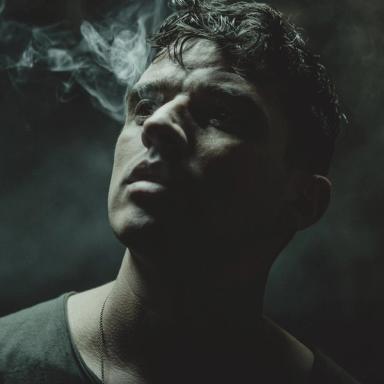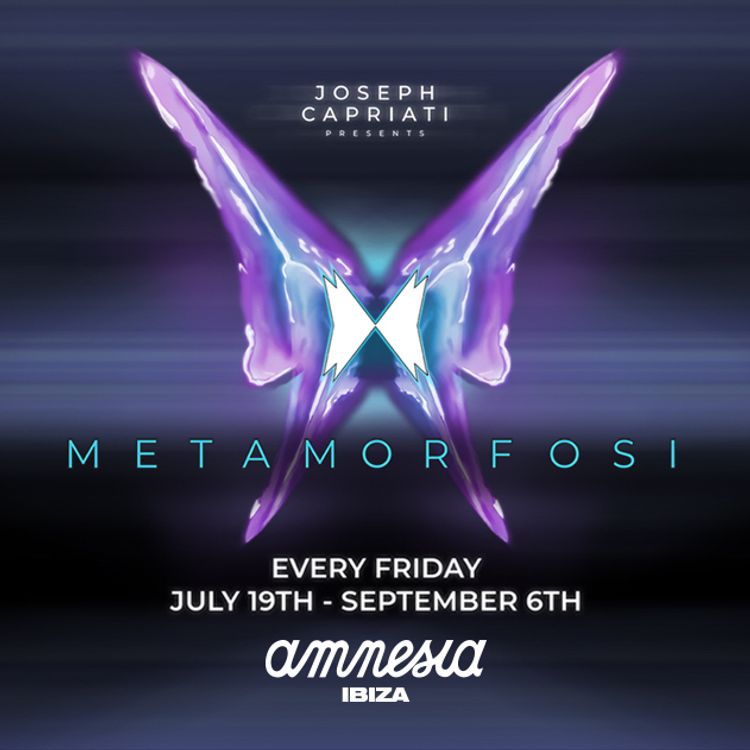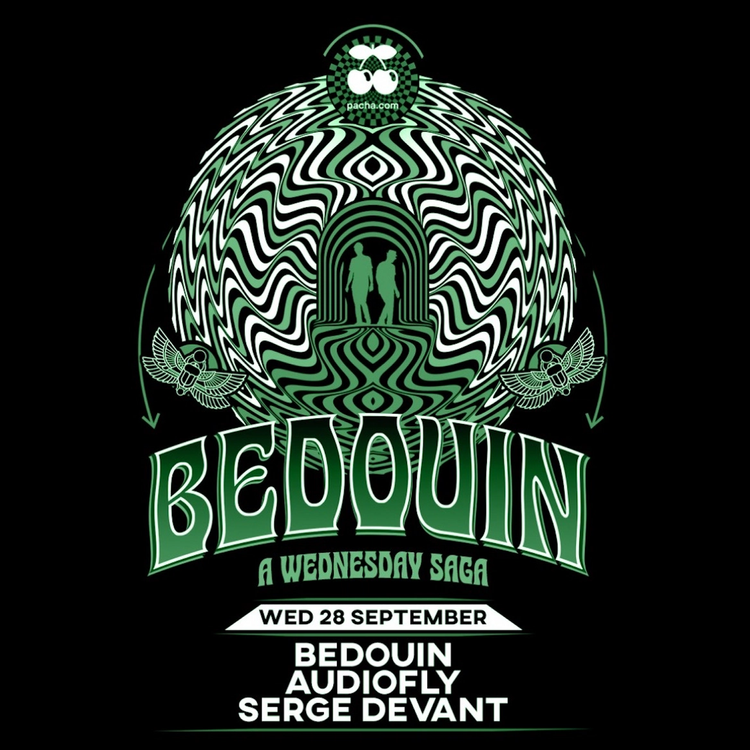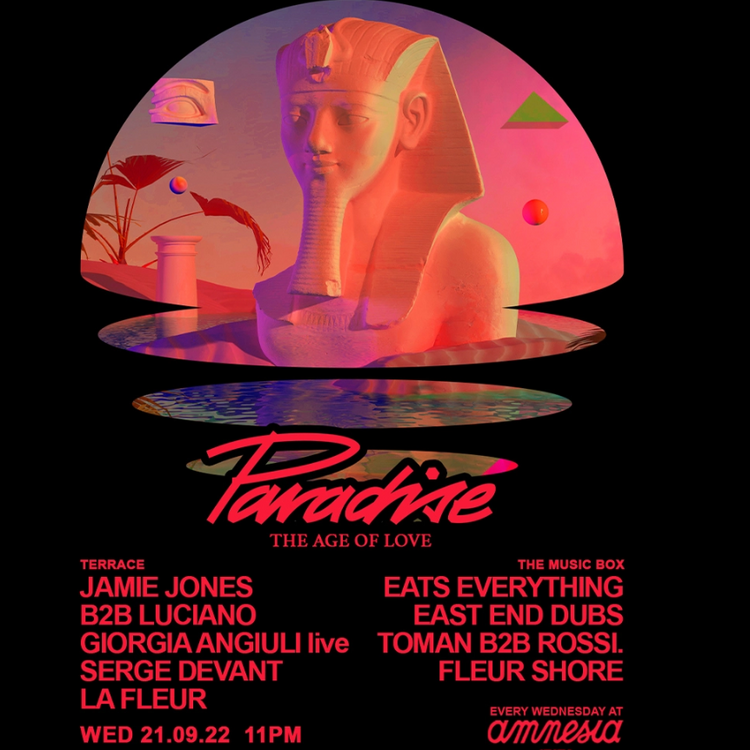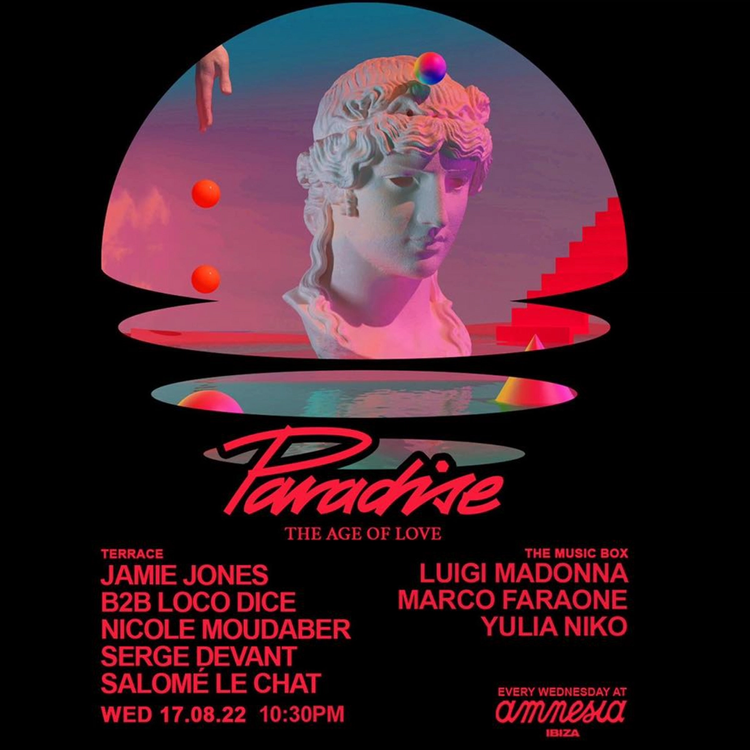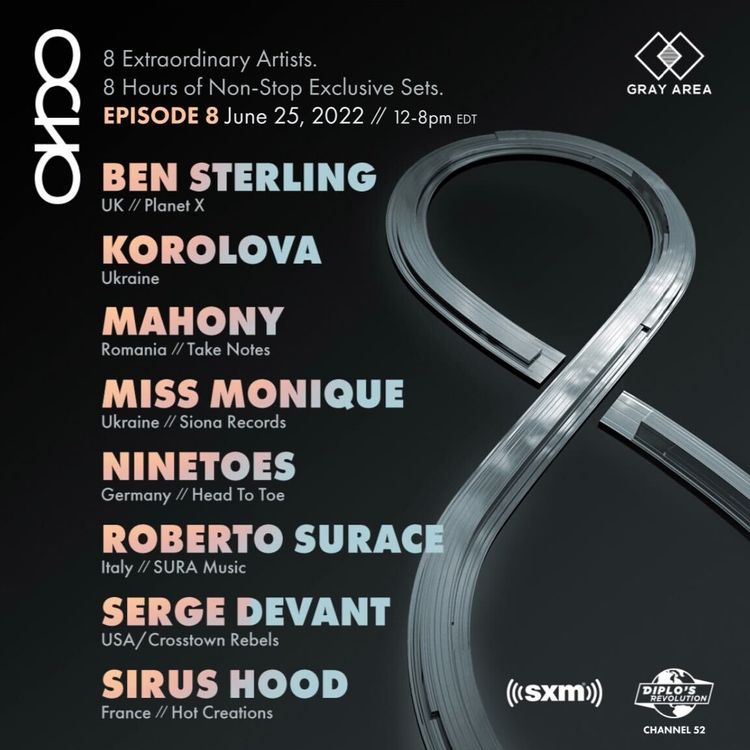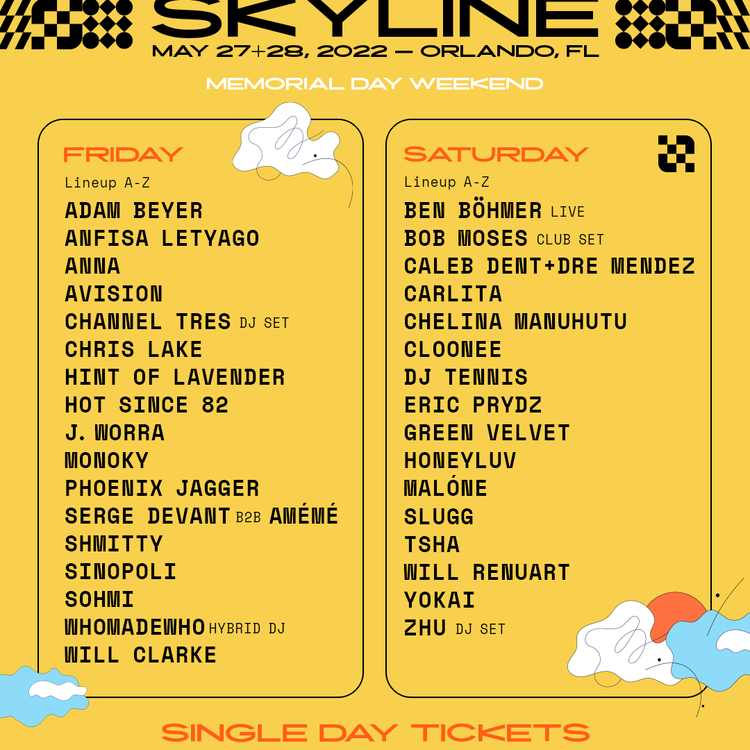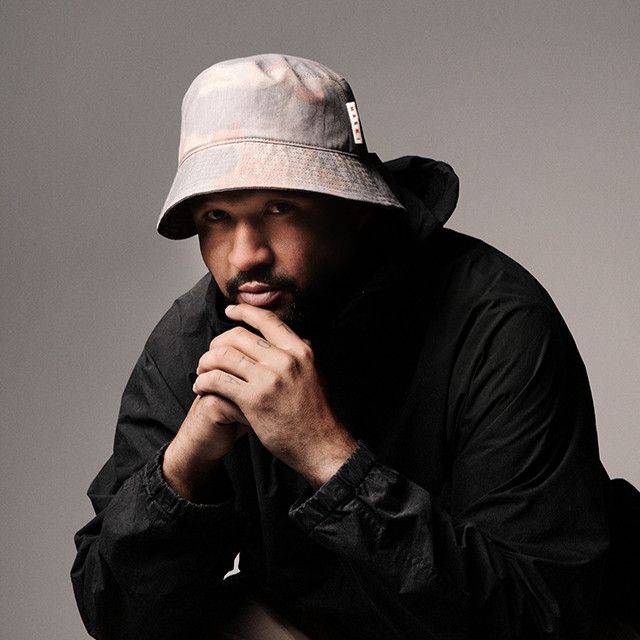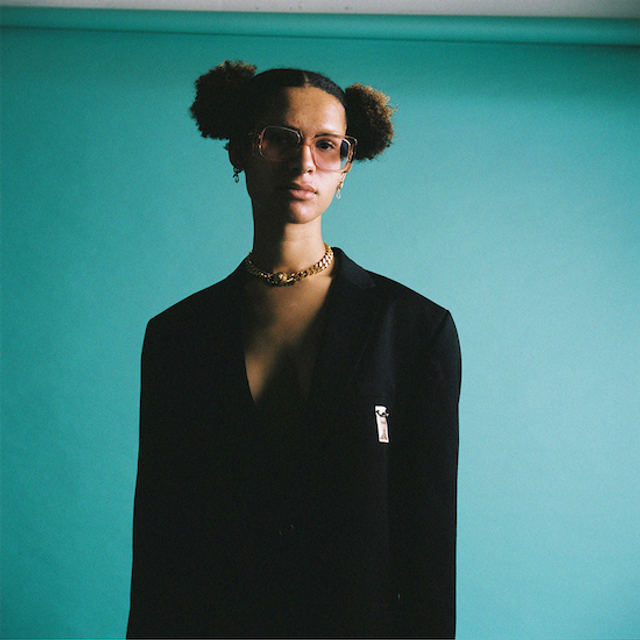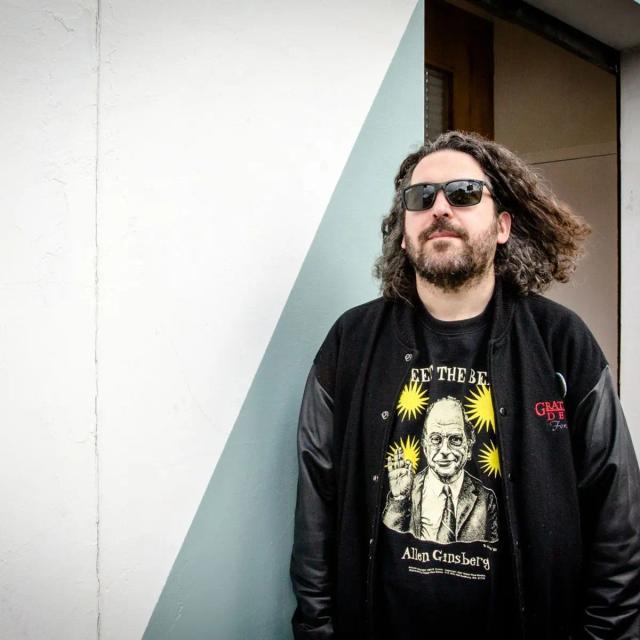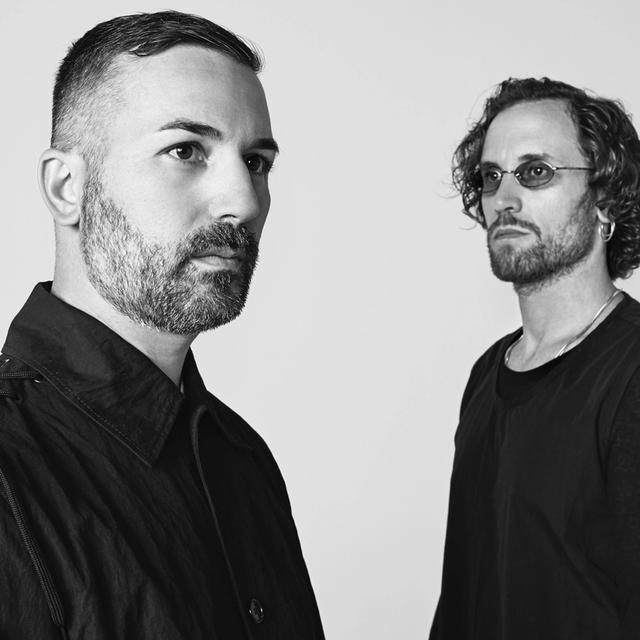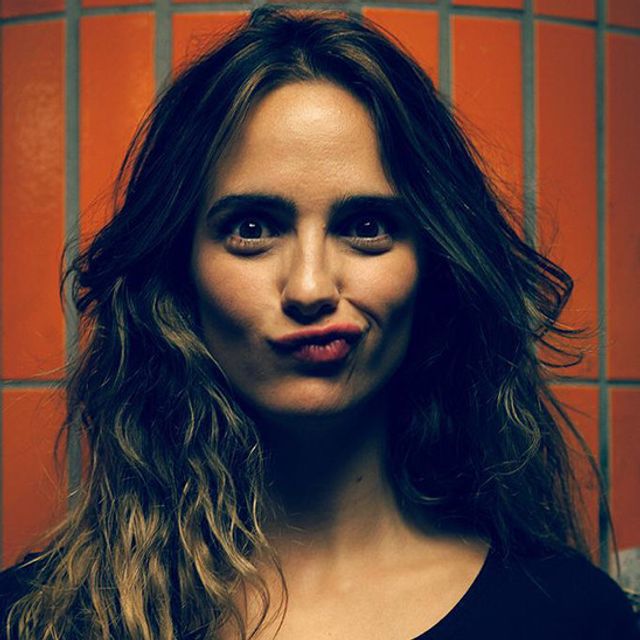Artist Spotlight
Serge Devant moved to NYC in the early 90s and immediately fell in love with the incredible local scene. Frequenting venues such as Sound Factory and Tunnel, Serge went down the rabbit hole of record collecting which eventually led to an introduction to DJing. He began his production career in the world of trance and then big room electronic, before falling out of love with the genres. He re-discovered underground sounds in 2011 at Burning Man and knew he had to rejoin the scene. Now a regular on Crosstown Rebels, Serge has played stages all over the world. You moved to NYC in the mid-90s, why did you come here and can you tell us about the scene you experienced when you first arrived? After the Soviet Union fell apart, my family had a chance to move to NYC, which I’m glad they took. Mid 90s New York was a mecca of massive mega nightclubs, and I found myself instantly inside Twilo, Sound Factory, Tunnel, Limelight, Roxy, and other clubs. It was something I had never experienced before, so I was very intrigued and inspired. This led to me look for all the amazing records I heard on the dance floor across these clubs. I started collecting vinyl and eventually bought turntables and the whole rig. What do you remember about your first gig? I was still in high school and had just bought all the equipment less than a year before the gig. It was at this bar in Brooklyn called Blue Zoo — I'd say it was around 96. I had made a tape and went around the neighborhood giving it to the bars and small clubs. The owner of the bar whose nickname was ‘Patty boy’ thought my tape was great and invited me to play there on Thursdays. I definitely didn't expect that to happen so fast. That lasted for a few months until I met some promoters and started playing the side room at the club Tunnel. Inspired by the parties at the Tunnel, I was bringing dark clubby vibes into Brooklyn bars, which obviously didn’t work in that space and didn't sit well with “patty boy “. But Blue Zoo was the start to it: first paying gig and first crowd. A couple of years after arriving in NYC you secured a residency as Crobar. Do you have any memories from those years and how they shaped where you are now with your career? Well, to be precise, I started my residency at Crobar about 10 years after I arrived in NYC. Before that was a long string of NYC clubs and smaller venues in New York. Crobar definitely got me more noticed in NYC. That was the year I first signed with AM Only agency and got my first record deal. From the start of when you began releasing music, around 2004, to about 2015, you primarily released trance and more big room tracks. Obviously, anyone who knows you now would never associate you with those sounds. Can you tell us about that period of your career and what you think about that music now? What prompted the transition in sound? Yes, I did start with New York house and trance in the late ’90s and early 2000s and then shifted to progressive a few years later, after signing a two album deal with Ultra Records in 2006. While working through the album deal, one of the house tracks crossed over, and even though it opened many markets around the world for me, I found myself slowly becoming a slave to that record. People only cared about listening to that record when they came to the club and didn't care if I evolved and played something that wasn't in line with that style. It was fun touring for couple of years and filling up clubs to the brim but later I found myself uninspired [with] where I was going musically and where I was being pushed since the record crossed over a bit into the mainstream. EDM was starting to get big with the arrival of acts like Swedish House Mafia and so on, and I didn’t like that direction or wanted to have any part in that. Going to Burning Man in 2011 and hearing fresh sounds of underground music that were coming out from Crosstown, with sounds like Maceo Plex, Jamie Jones, Damian Lazarus, Art Department, and others, I was inspired and from there I knew that was something I wanted to be a part of. After taking a few years off, I finally finished some music around 2014, which saw the light of day in 2015 on Jamie Jones’ label and later on Crosstown with Damian Lazarus, where I still release my music. You recently played the Cityfox closing season party. It’s amazing to see these huge productions return to NYC after the shutdown. These kinds of events have always existed in the city but it feels like the last few years they’ve really gone to the next level. What changes in the underground culture have you noticed after multiple decades in NYC? I mean, it just became a lot bigger and more sophisticated. Technological progress played a big part in better sound/production, but now everyone is on their phones on the dance floor, rather than living in the moment. Also, table culture arrived some years ago, and it totally changed the dynamic on the dance floor as well as with the phones. The DJs moved out from the dark corners, where they were completely invisible to the front stage, and into the limelight in front of their fans. There are a lot of changes—some bad—but there are lots of good ones. Everything evolves, and there’s no time to nag on how it used to be. It’s better to embrace what we have and try to make it better by curating events that are based more on comfortable partying rather than squeezing everything out of a clubber without providing the comfort or quality of events. Crosstown Rebels has been somewhat of a home for you over the years, they hosted one of your first tracks with your current sound as well. Can you speak on that relationship? It has been a great home for me, and the crew is like a family. I look forward to each time we all get together for events, such as Day Zero and Get Lost. Crosstown is a great label and a platform that respects you as an artist and your vision. I met Damian back in 2015 — a mutual friend heard some of the music I was working on at the time and suggested I pass it to Damian. And of course, I was happy to share it with him. By the next day, we were talking on Skype and discussing the release of some of those records. The rest is history. It's been a great home to my music for the past six years. Whether it’s Day Zero, Paradise, Circoloco, etc, how have you observed artist-driven events grow and evolve over the years? I mean, it's just getting bigger and better. But, I wouldn’t actually say it's so many artist-driven events. For example, Day Zero sells out in one day without a lineup announced — people know that the experience they will take away from this event will be worth buying a ticket for and they trust the organizers with the line-up and curation. They have a reputation for being nothing but quality events. It's all about consistency with quality events across the globe with these brands, and they are doing a great job at providing that. Do you have any favorite pieces of production hardware or software plugins that you like to go to regularly? The Roland family is something I would go to every day. You can hear the 303 or SH-101 in every record of mine. Recently I bought the Oberheim Matrix 1000 and the Digitakt, both of which have been a lot of fun to have in the studio. It’s been a busy year so I haven't spent much time in the studio but I’m getting back to it in the next couple of months. Your career has been lengthy and prolific. It feels like there isn’t a stage or party that you haven’t had the chance to play at. What’s next for you? Is there anything new you hope to accomplish or challenges you seek to approach? Will we see an album anytime soon? I guess the next step for me will be curating my own event by putting together all the experiences I’ve had playing and partying around the globe, as well as all the inspiration I’ve had over the years to make it something of my own. I'm looking forward to it — it has definitely been on my mind and I think it's time for it to come to life. As far as music, I don't think an album is in the works, but you will be seeing a string of EPs and singles coming in 2022. I have been sitting on some music that was made during quarantine. I have been testing it for some time, but it's time for it to be released.
